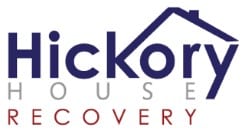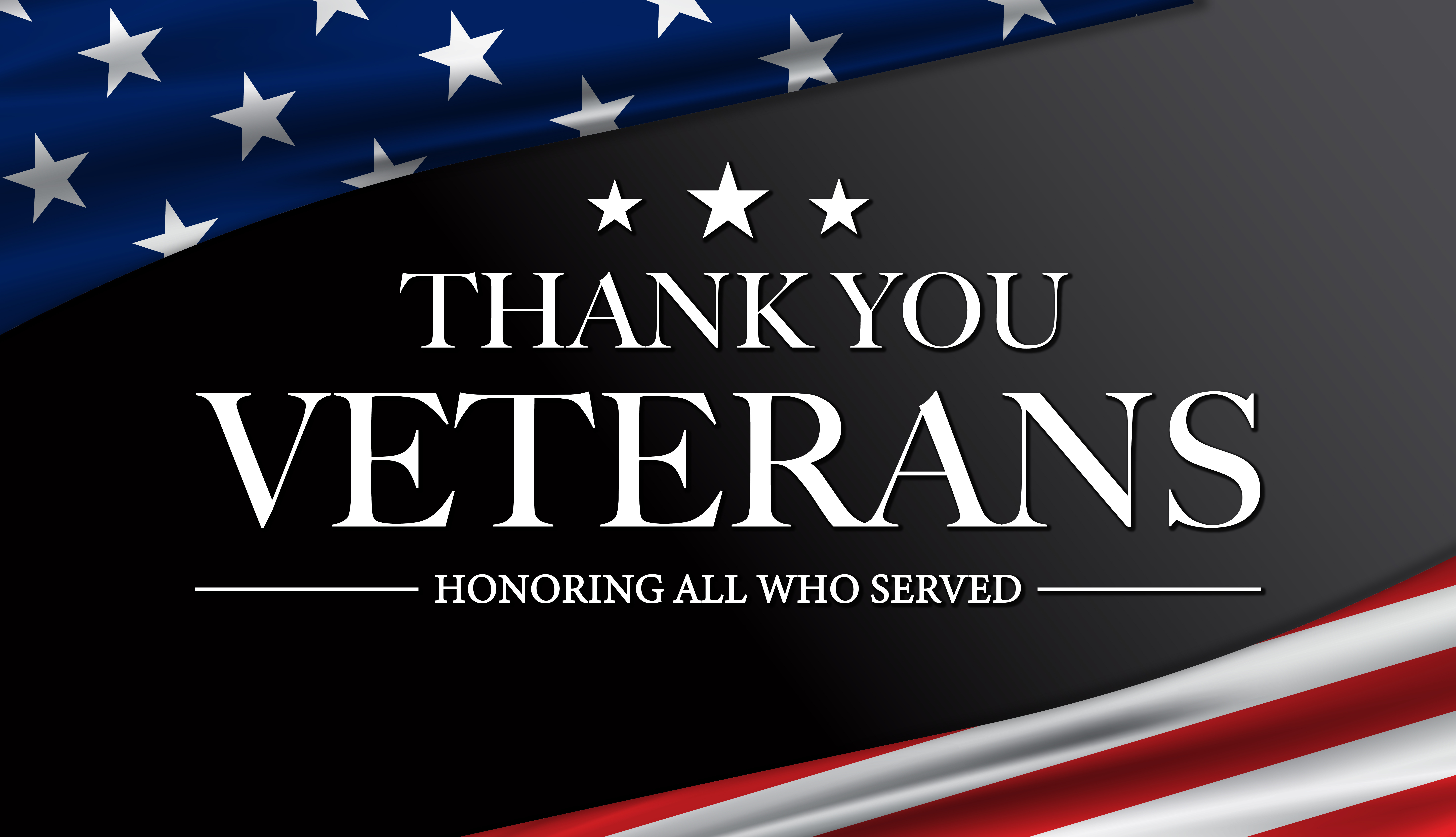The Tolls of Service
Each year on November 11, we take time to honor the service and sacrifice of those who have served in the United States Armed Forces. Formerly known as Armistice Day, it was originally in homage to the end of World War I, which officially took place on November 11, 1918. It is a day to acknowledge the courage and dedication of veterans across this country. It’s also a critical time to raise awareness about the significant mental health challenges many veterans face once they return home.
Service members endure intense mental and physical strain during combat exposure, repeated deployments, and the demanding, often isolating, nature of military service. Particularly during deployment, military personnel are often exposed to violent and life-threatening situations, while many witness or experience the loss of fellow service members. Lingering effects from these experiences often lead to a heightened risk of substance use disorders, post-traumatic stress disorder (PTSD), or other stress-related conditions.
According to the U.S. Department of Veterans Affairs (VA), around 11-20% of veterans who served in Operations Iraqi Freedom (OIF) and Enduring Freedom (OEF) experience PTSD in a given year. For those who served in the Gulf War, this number is approximately 12%, while 15% of Vietnam War veterans continue to grapple with PTSD today.
Substance use often becomes a coping mechanism and while it may initially provide temporary relief from the symptoms of PTSD – anxiety, insomnia, hypervigilance – in the long term, it can actually exacerbate these issues. This is especially prevalent among veterans, with studies suggesting that approximately one in ten veterans who seek care from the VA have a diagnosis of a substance use disorder.
Veterans with PTSD are more likely to develop an addiction, with alcohol use being the most common. Research shows that about 27% of veterans diagnosed with PTSD also suffer from substance use disorder, and veterans with PTSD are more likely to engage in binge drinking or other risky alcohol-related behaviors than those without PTSD. The cycle between PTSD and substance use disorder is complex and creates a harmful cycle of dependence.
In addition to PTSD, veterans may also suffer from depression, anxiety, and chronic pain stemming from service-related injuries and experiences which is where prescription pain medications can come into play and lead to substance use disorders. The National Institute on Drug Abuse (NIDA) reported that veterans are twice as likely as the general population to die from an accidental opioid overdose, underscoring the vulnerability of veterans.
Fortunately, there are resources specifically designed to help veterans navigate these challenges and build a path toward healing.
1. VA Mental Health Services
Veterans can access a range of mental health services through the VA, including PTSD treatment, Substance Use Disorder counseling, and programs for co-occurring disorders. VA health care provides veteran-specific options and many find it easier to open up to counselors who understand and are familiar with military culture.
2. Veterans Crisis Line
The Veterans Crisis Line offers immediate, confidential support for veterans in crisis. By dialing 988 and pressing 1, veterans can connect with trained professionals who can offer support and connect them with resources.
3. Vet Centers
Community-based Vet Centers offer counseling for veterans dealing with mental health issues, including PTSD, substance use, and family or relationship issues. While part of the VA, these centers operate independently to offer veterans a comfortable, community-oriented setting where they can receive help.
4. Substance Abuse and Mental Health Services Administration (SAMHSA)
For veterans who may not have access to VA services, SAMHSA provides resources for finding treatment providers, including local substance use and mental health services. Their helpline at 1-800-662-HELP (4357) offers 24/7 support and information.
5. Non-Profit Organizations
Many non-profit organizations, like the Wounded Warrior Project, provide specialized support programs for veterans, offering additional layers of support, including peer networks, workshops, and advocacy for veterans’ mental health needs.
This Veteran’s Day, as we honor our military, it’s important to remember that their service often comes with a heavy emotional toll that most of us will never comprehend. By increasing awareness, we can ensure that veterans receive service for their service to overcome and move forward with strength and hope. To all the veterans today and everyday, thank you for your service. And to those who are struggling, please know that you’re not alone.

